What is consciousness?
This month we explore the phenomenon of human consiousness – the final frontier that lurks in the depths of the human mind. Subjectively our sense of awareness is an intensely private and powerful experience. Its brilliant rays not only illuminate everything we do but render abstract worlds into technicolour reality.
Objectively, it is poorly understood. Is it a product of evolution? Or is it spiritual by nature?
Our sense of awareness enables us to spout poetry, harness atoms, and reach for the stars. But within such an advanced cerebral milieu, agression, violence, and hate become possible and probable.
Moreover, our awareness enables us to understand a little better our place in space and time. We experience its unity through our inherent similarities – our empathy, and our sense of wonder at life. We experience its diversity through a multitude of languages and beliefs.
Therefore, human consciousness is the bridge between the finite and the infinite, between the world of matter and the world of meaning. As we stand on the threshold of understanding its origins, we are compelled to ask: Does consciousness arise merely as an emergent property of the brain’s intricate biology, or is it the reflection of a deeper, intangible essence that transcends our physical being?
Evolution has undoubtedly shaped our cognitive faculties, but reducing consciousness to a mere byproduct of survival would be to ignore its mysterious depth and grandeur. Consciousness is a tool of adaptation and a portal to the unknown. Through consciousness, we not only know the world but imbue it with value and significance. In poetry, art, and philosophy, we find expressions of this luminous flame, pointing us toward dimensions of existence that lie beyond the visible horizon.
Artificial intelligence has recently added a new dimension to this inquiry. AI systems, with their capacity for data processing and pattern recognition, mimic aspects of human cognition yet lack the subjective awareness that defines consciousness. They force us to grapple with profound questions: If consciousness is not merely computation, what gives rise to the inner experience? Could machines ever achieve not just intelligence but awareness? Or is consciousness inextricably tied to the organic and the ethereal?
AI holds up a mirror to human intelligence, revealing both its brilliance and its limitations. Unlike humans, AI operates without the burdens—or blessings—of emotions, morality, and existential wonder. It challenges us to understand what makes us truly human. It reminds us that our awareness is a tool for achieving efficiency and a gift for experiencing beauty, meaning, and connection.
A potential for destruction shadows this capacity. Aggression, violence, and hate are born from the same seat as our empathy and wonder—our awareness of self and ‘other’. When our sense of self becomes isolated and overgrown, it breeds fear and domination. When it recognises itself in others, it blossoms into compassion and unity. This duality is the paradox of human existence: the mind contemplating the stars is the same that forges chains.
AI, in its neutrality, magnifies this paradox. As a tool, it reflects the consciousness that creates and wields it, amplifying human capacities for good or ill. Its algorithms can deepen understanding, but they can also entrench biases. They can facilitate global collaboration or drive division. This interplay between human consciousness and artificial intelligence challenges us to guide our creations with wisdom and empathy, ensuring they serve as extensions of our highest aspirations rather than our basest instincts.
In this cosmic drama, consciousness enables us to rise above mere instinct and mechanistic behaviour. It invites us to perceive the sacredness of life—not as a distant abstraction but as an ever-present reality woven into the fabric of existence. Through our diversity of languages, cultures, and beliefs, we see the manifold expressions of a singular human spirit. Each voice contributes to the symphony of human experience, and only in embracing this diversity can we begin to glimpse the infinite potential of what it means to be human.
Thus, exploring consciousness is not merely a scientific or philosophical endeavour but a technological quest. As artificial intelligence walks alongside us, it compels us to sharpen our understanding of what consciousness truly means, urging us to guide our shared future with understanding, care, and a more profound recognition of the flame that illuminates all.